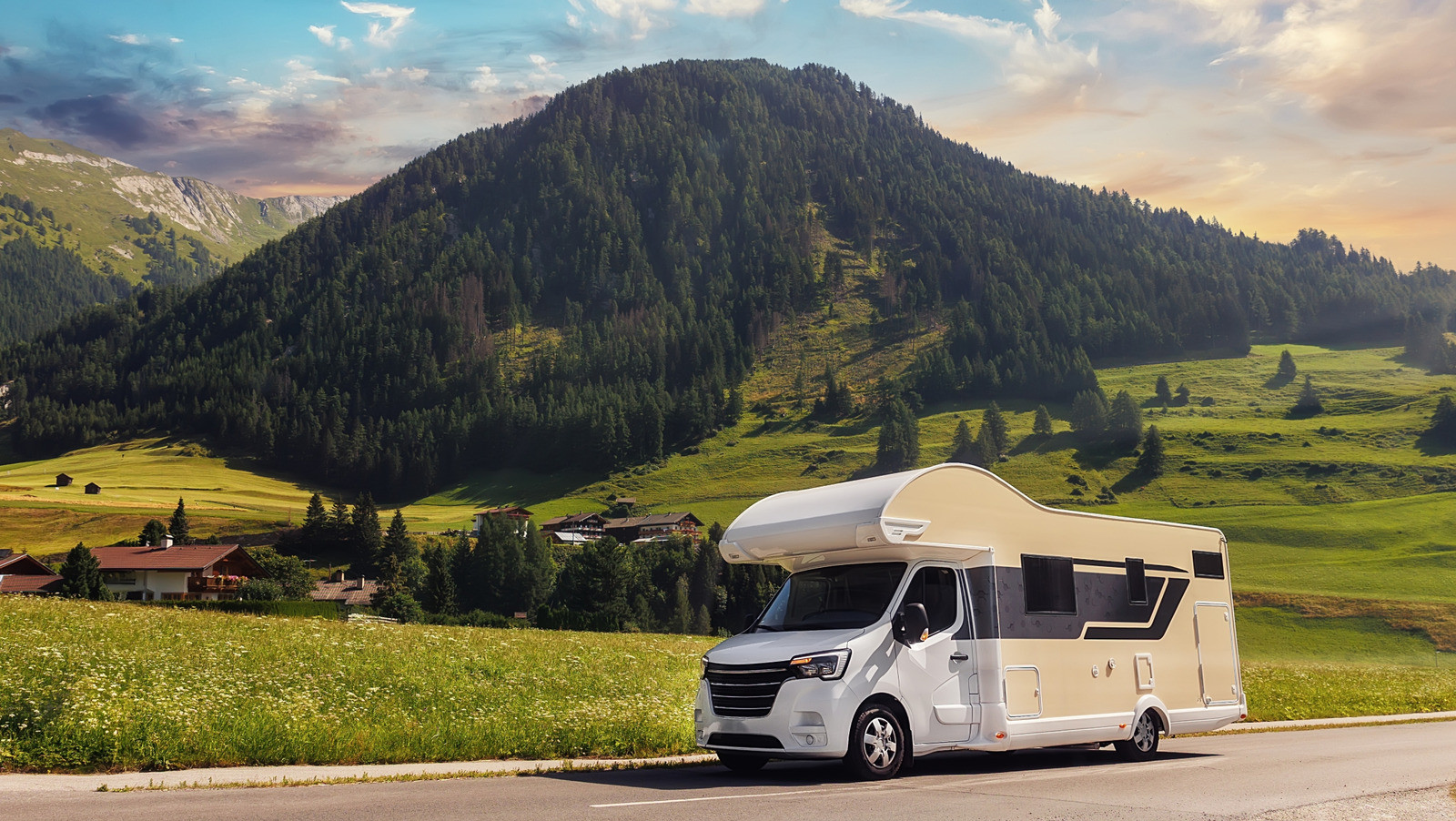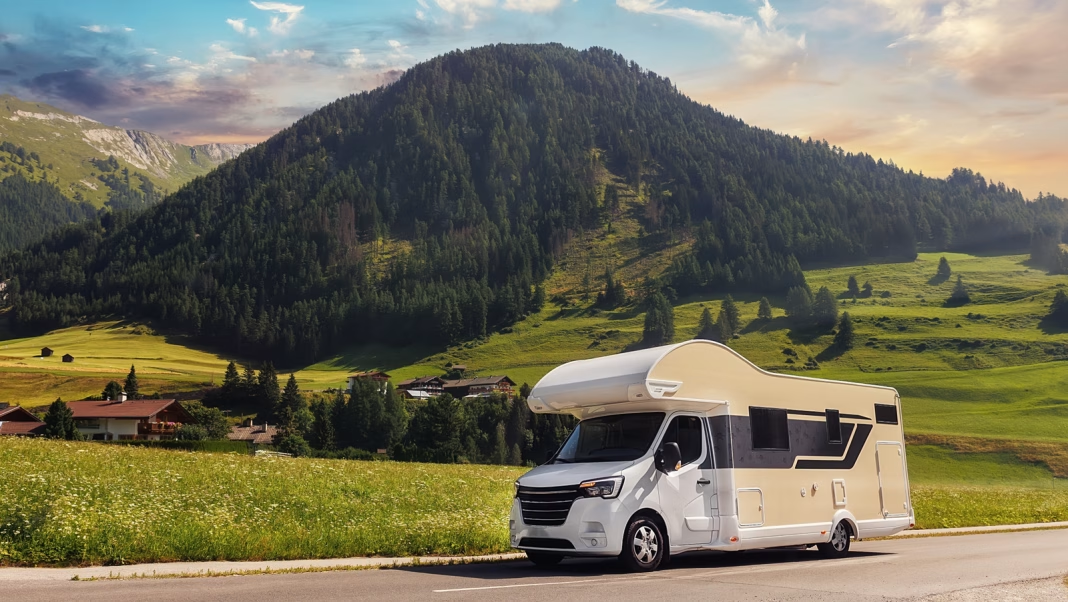What Does It Really Mean to Make Your RV Your Primary Residence?
If you’re dreaming of swapping a fixed address for life on the open road, you’re not alone. More people are embracing RV living, drawn by the freedom to travel and the simplicity of downsizing. But before you can officially call your RV home in the eyes of the law, there are a few hoops to jump through. So, what does it actually mean to declare your RV as your primary residence, and why does it matter?
Legally, your primary residence is the place you call home most of the year—the address you use for taxes, voting, and all those official forms. For RVers, this means picking a spot (even if it’s not a traditional house) that meets certain requirements. It’s not just about parking anywhere you like; there are rules to follow, and they can vary a lot depending on where you want to “settle.”
What Legal Requirements Must Your RV Meet to Qualify?
Here’s where things get a bit technical. To register your RV as your primary residence, it needs to be more than just a vehicle—it has to be a bona fide dwelling. That means it should have permanent sleeping, cooking, and sanitation facilities. Think bed, stove, and a bathroom that actually works. Most modern RVs tick these boxes, but if you’re converting a van or bus, double-check that your setup meets your state’s standards.
Some states require your RV to be parked at a legal address—like a friend’s property, an RV park, or even a mail-forwarding service that offers a physical street address. You’ll also need to show proof of residency, which could be a utility bill, a lease agreement, or even a notarized affidavit. The specifics depend on the state, so it’s smart to check with your local DMV or county office before making any big moves.
How Do State Laws Differ When It Comes to RV Residency?
Here’s the kicker: not all states treat RV residency the same way. For example, Florida, Texas, and South Dakota are famously RV-friendly. They allow full-time RVers to establish domicile with relative ease, thanks to flexible residency laws and services tailored to nomads. These states often offer mail-forwarding services that provide a legitimate street address, which can be used for driver’s licenses, vehicle registration, and even voter registration.
Contrast that with states like New York or California, where zoning laws and stricter residency requirements can make things trickier. Some places require you to spend a minimum number of days in-state, while others might not recognize an RV as a permanent dwelling at all. It pays to do your homework—sometimes literally, if you want to avoid fines or legal headaches down the road.
What About Taxes, Insurance, and Mail?
Once you’ve nailed down your legal address, there’s still the practical side to consider. Your state of residence affects your taxes, insurance premiums, and even your access to healthcare. For instance, states like Texas and Florida have no state income tax, which is a big draw for many RVers.
Mail is another puzzle. Many full-timers use mail-forwarding services that scan and send important documents digitally. This keeps you connected, no matter where you’re parked. Just be sure the service you choose provides a real street address (not a PO box), since that’s often required for official paperwork.
Can You Vote, Get a Driver’s License, or Register to Work from Your RV?
Absolutely, but you’ll need that legal address first. Once you’ve established residency, you can update your driver’s license, register to vote, and even get health insurance in your new state. Some states make this process easier than others, especially if they’re used to dealing with RVers and snowbirds.
If you work remotely, your state of residence can affect your taxes and business registration. It’s worth consulting a tax professional who understands the ins and outs of RV living—they can help you avoid surprises come tax season.
What Are the Most Common Pitfalls When Registering an RV as a Home?
It sounds simple, but there are a few common stumbling blocks. First, not all RV parks or campgrounds allow long-term stays, so check the rules before you settle in. Second, some insurance companies may not cover full-time RV living unless you have the right policy. Standard vehicle insurance often isn’t enough—you’ll want a policy that treats your RV as both a vehicle and a home.
Another issue is local zoning laws. Some municipalities don’t allow RVs to be used as permanent residences, even on private property. Ignoring these rules can lead to fines or even eviction. Always double-check local ordinances before declaring your RV as your primary home.
How Do Real RVers Make It Work?
Take the example of the Millers, a couple who sold their house in Ohio and hit the road full-time. They chose South Dakota as their domicile because of its straightforward residency process and low taxes. Using a mail-forwarding service in Sioux Falls, they registered their vehicles, updated their driver’s licenses, and even voted in local elections—all from their RV.
Their biggest tip? Stay organized. Keep digital copies of all your important documents, and don’t be afraid to ask for help. Online forums and RV clubs are full of people who’ve been through the process and can offer advice.
The Big Takeaway
Registering your RV as your primary residence isn’t about perfection—it’s about smarter adjustments. Start with one change this week, and you’ll likely spot the difference by month’s end. Whether it’s researching your state’s rules, finding the right mail service, or upgrading your insurance, each step brings you closer to the freedom of calling the open road home.


